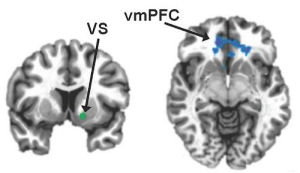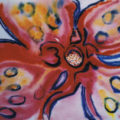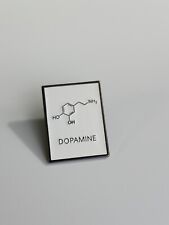
While there is a large amount of evidence to support the idea that the brain chemical dopamine mediates positive effects, such as reward, happiness and pleasure; a new study inThe Journal of Neuroscience suggests that dopamine is also intimately involved in emotions like dread and fear. The new findings may help explain why dopamine dysfunction is implicated not only in drug addiction, which involves excessive desire, but in schizophrenia and some phobias, which involve excessive fear.
Researcher Kent Berridge, from the University of Michigan, explained that a distance of only a few millimeters separated desire and dread functions in the nucleus accumbens. Because dopamine is an important neurotransmitter in this brain structure, the researchers further investigated its role in generating these functions.
When dopamine was allowed to act normally, injection of a chemical to model normal signaling in the front of the nucleus accumbens caused rats to eat nearly three times as much as they normally do. In contrast, injection of the chemical in the back of the nucleus accumbens caused rats to display fearful behavior normally shown in response to a predator.
Berridge speculates that disruption of dopamine neurotransmission in one region of the nucleus accumbens may be a mechanism for pathological excesses of fear in disorders such as schizophrenia, whereas disruptions in dopamine neurotransmission in an adjacent region may be a mechanism for excessive reward-seeking in conditions like addiction.
Related:
Aggression As Rewarding As Sex
New Physiological Evidence For Social Anxiety Disorder
ADHD A Benefit In The Wild?
Brain Wired For Adventure


















Comments are closed.